It is important to remember what we are dealing with. Let’s review –
From the Sydney Morning Herald, August 7 – Chinese authorities approached the family of an international student who participated in high-profile protests at an Australian university and warned his parents of the potential consequences of political dissent.
It has been clear for years that the Chinese government monitors words and actions of mainland students overseas. There are various means. Most prominent is the Chinese Students and Scholars Association (CSSA) which operates as a student-run organization on most university campuses throughout the world. It is now common for students to record other Chinese students expressing negative feelings toward the mainland government or CCP. Chinese government officials in the foreign country support such efforts.
A mainland student who attended one of the pro-Hong Kong protest rallies at the University of Queensland in Australia later received a call from his mother. From the Herald –
But within days of the rally the student received a call from his mother in China to say the family had been approached by “a guest”. His mother told him the authorities had issued a warning about engaging in “anti-China rhetoric” in Brisbane and warned him not to “join any events where people are gathered together”. “As long as you do that, we can make sure you’re safe and we’re safe,” his mother told him.
Chinese officials in Australia praised actions by mainland students to disrupt the protests –
China’s consul-general in Brisbane, Xu Jie, subsequently issued a statement praising “the spontaneous patriotic behaviour of Chinese students” at the university in response to “people with ulterior motives [who] conducted anti-Chinese separatist activities”.
Government threats to families in China, or threats to Chinese abroad, are a despicable practice. But it has become standard operating practice in the last decade.
Put this down alongside threats to Yang Shuping the 2017 University of Maryland valedictorian, who praised fresh air and freedom in the US compared with her experiences in Yunnan. The former president of the Chinese Students and Scholars Association (CSSA) at the University of Maryland, told the CCP sponsored Global Times – “Insulting the motherland to grab attention is intolerable. The university’s support to such critical speech is not only ill-considered, but also raises suspicion about other motives.” The CSSA called on students from China to make videos promoting their hometowns with the scripted words “I have different views from Shuping Yang. I am proud of China.” Yang received hundreds of negative or threatening social media posts.
Or the action by the Chinese Education Ministry in 2010 to remove the University of Calgary from its list of approved universities, after Calgary awarded an honorary degree to the Dalai Lama. That action threatened the ability of Chinese students at Calgary to have recognition of their degree in China.
And the experience of Chemi Lhamo, who by the nature of being Tibetan, and then earlier this year elected as student president at the University of Toronto Scarborough campus, was so threatened by Chinese vitriol, including death threats, that she needed university support;
And threats to Rukiye Turdush, Uighur activist, whose speech earlier this year at McMaster University in Ontario was disrupted in what some claim was activity promoted by the Chinese government. University students clearly sought Chinese consulate advice on how to proceed with disruption. Chinese officials in Canada applauded the threats from mainland Chinese students against Turdush;
And Uighur university students throughout the world asked by the Chinese government to return home immediately, under hostage and harm threats to their parents and relatives in Xinjiang;
And physical destruction of the Lennon Wall at the University of Queensland on August 6. From the Guardian – The University of Queensland has promised to take action after a pro-Hong Kong Lennon wall on its campus was torn down on Monday night by four masked men. The colourful protest wall – similar to those around Hong Kong and the rest of the world – had attracted hundreds of notes calling for democracy and solidarity with Hong Kong, and opposing the totalitarianism of the Chinese government. Two weeks ago pro-Beijing government protesters clashed violently with Hong Kong international students on the university’s Brisbane campus, punching and shoving.
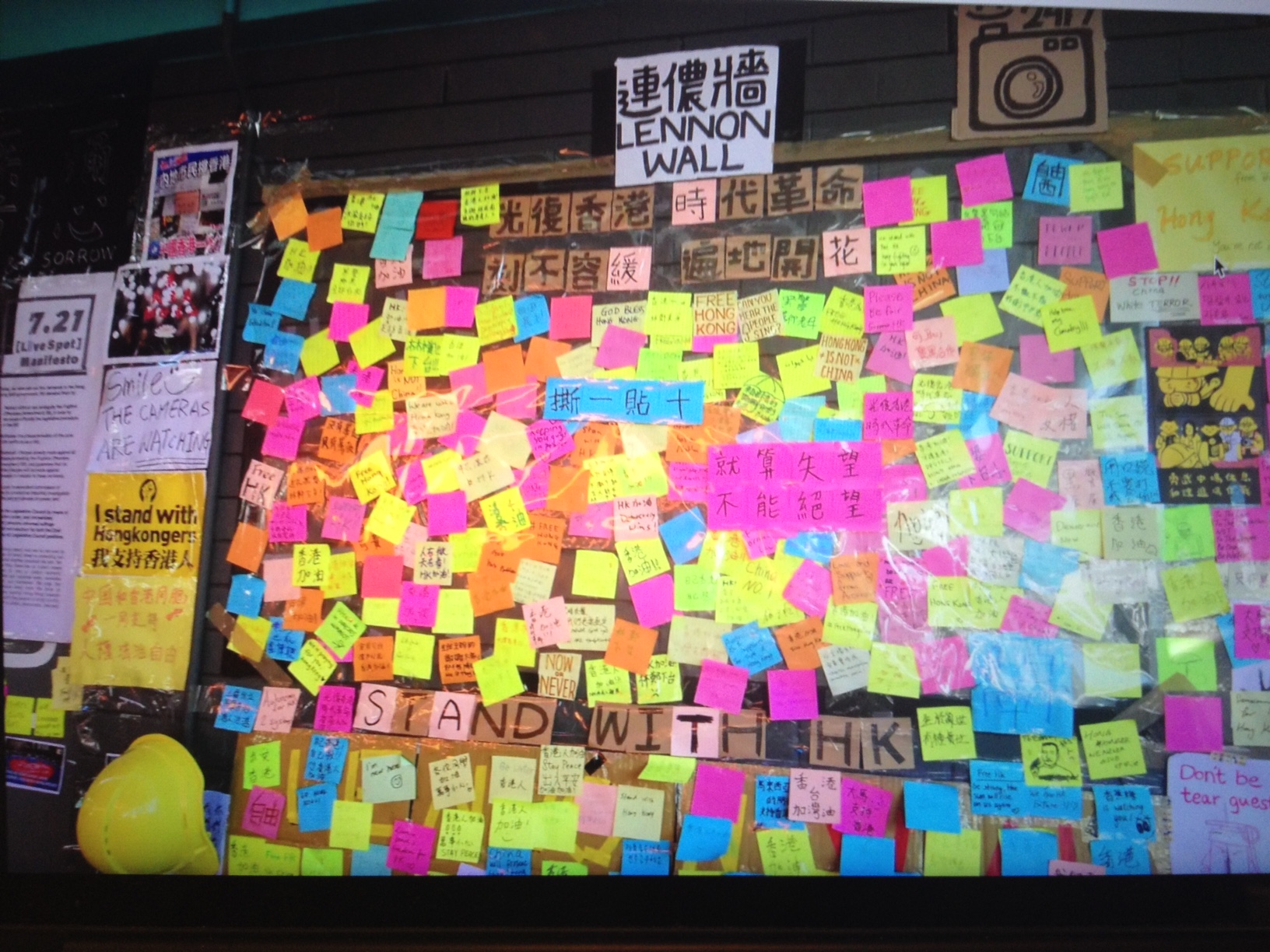
Four masked men were seen destroying the wall. Students have since put it up again.
And, of course, the old standby –
Chinese rights lawyer Chen Jiangang-flees to US to escape persecution
In terms of (legal) human traffic, China still exports far more to the US than we export to China. No sign of that changing anytime soon. I reported on that at Let’s remember what we are dealing with.

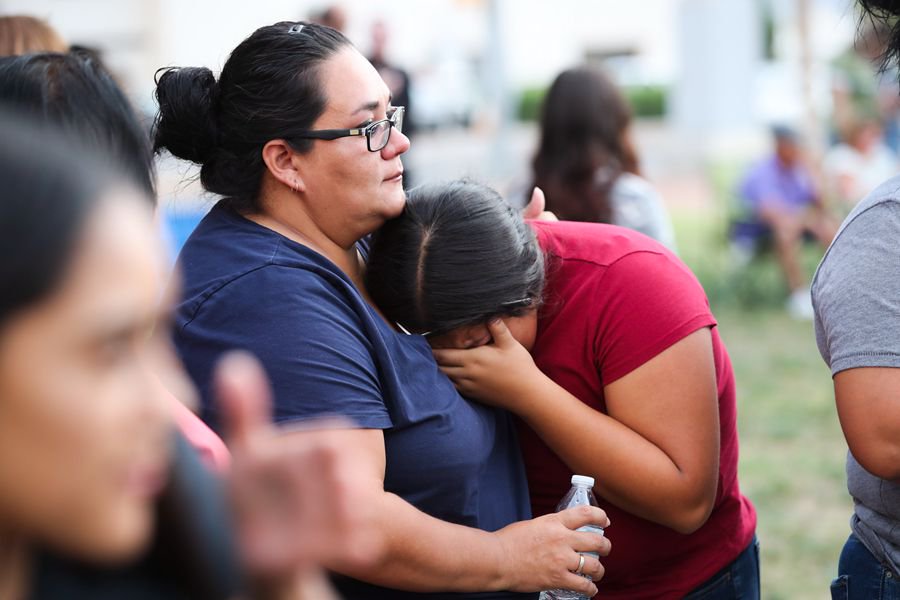
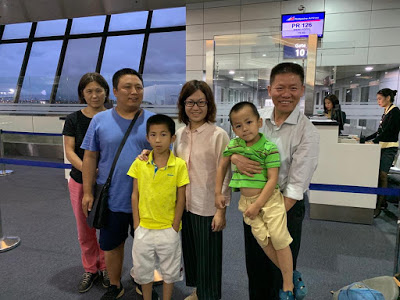
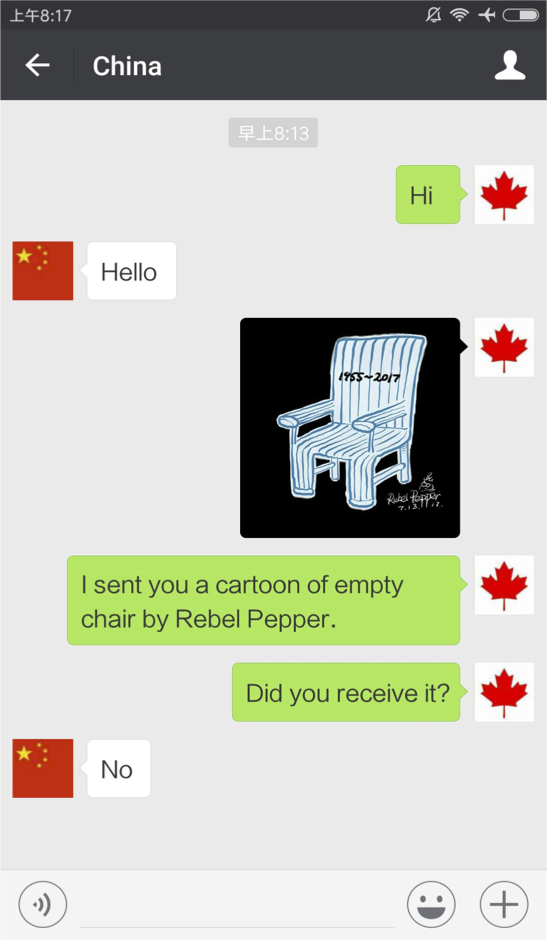
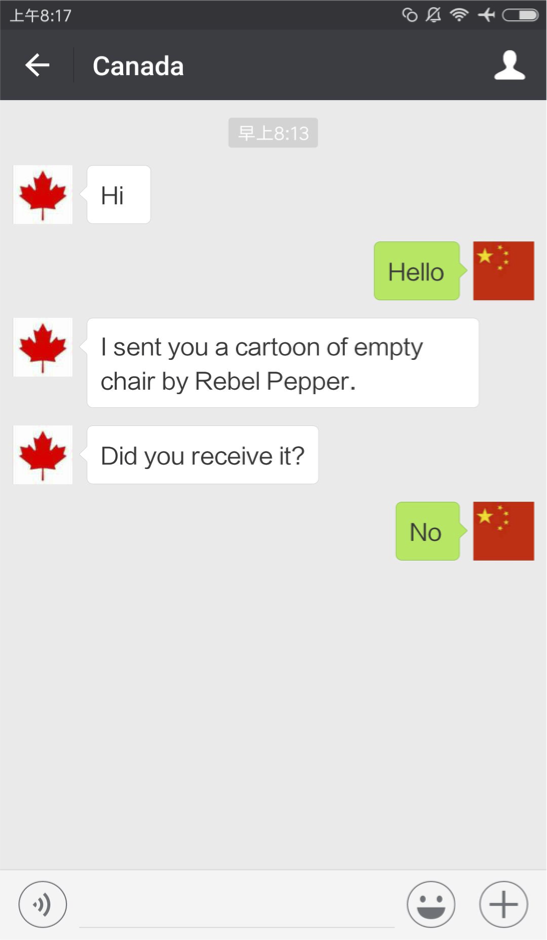
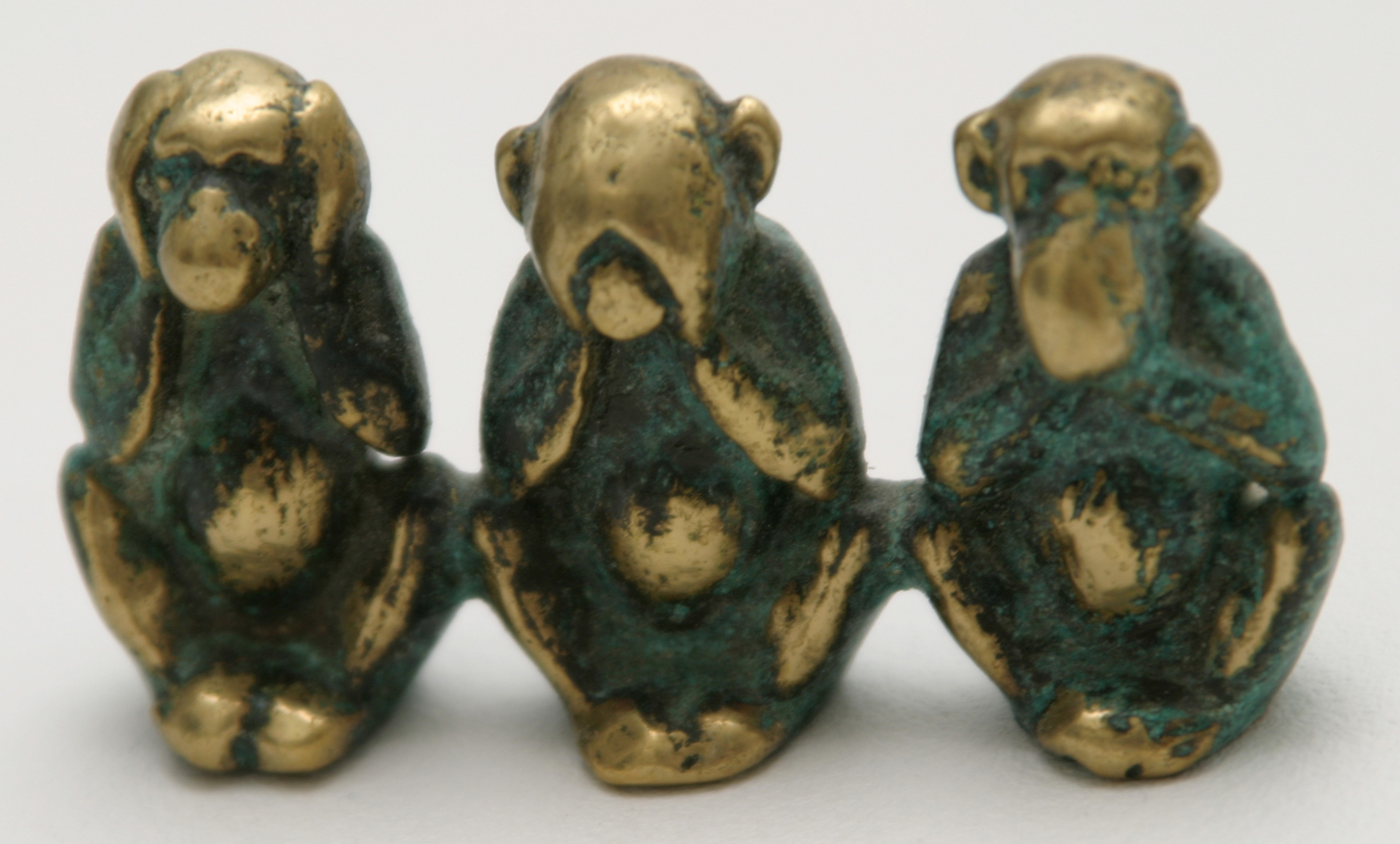
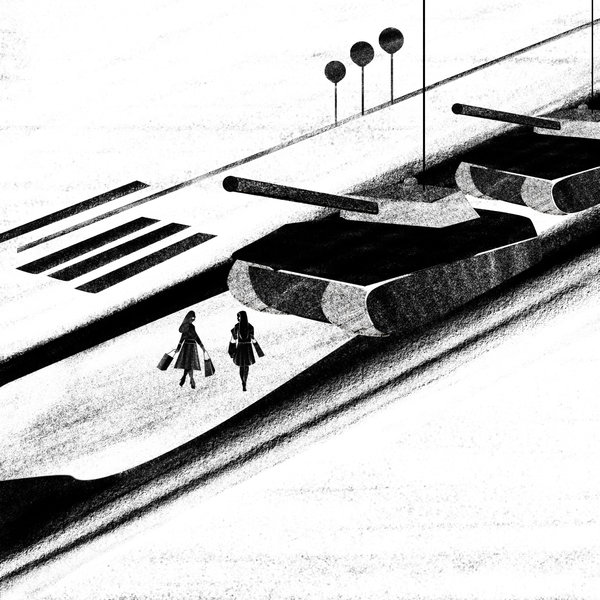
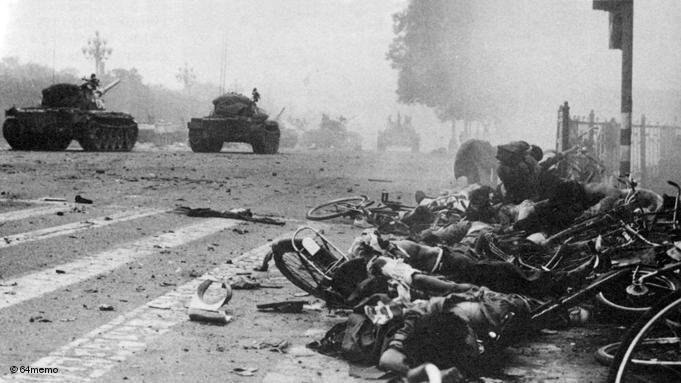
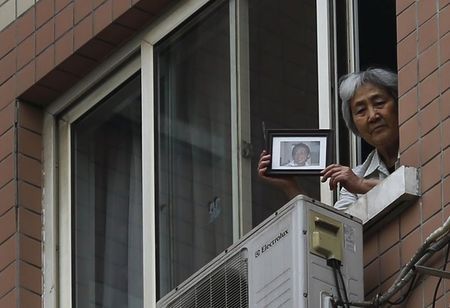

Soft power? We don’t need no stinking soft power.
Update at August 28 – the affronts to human dignity, scholarship, free speech, trade fairness and personal expression now seem to come on a daily basis. China under Mr. Xi is really carving a new international image, and it is neither “peaceful rise” nor “responsible stakeholder in the community of nations.”
You’ve read some of the Hong Kong stories, in the media and below, and the disruptions and violence and threats coming from Chinese students in Australia, New Zealand, Canada and the US when confronted with others speaking their minds. You’ve read about the billionaires, activists, lawyers and missionaries who have been disappeared in the mainland. As described in the Guardian, “China feels emboldened to place literally anyone under arbitrary and secret detention, regardless of citizenship. It is now long overdue for the world to stand up.” Family members of those the CCP wants, for whatever purposes, are at significant risk, both inside China and outside. I had some fears for my wife and son when they were in China a few weeks ago. I am unsure of my own potential for detention when I return to China. In July, the Swedish Supreme Court ruled against extradition to China of a sought-after former official, based on threat of human rights violations if he were to be returned.
These are all on top of the old stories, from the last ten years or more, of American businessmen being kidnapped in China over real or imagined disputes with Chinese businesses.
The government has long pressured western businesses to conform to CCP political thought, at the risk of losing access to the Chinese market. You remember the demands that hotels and airlines stop referring to Taiwan as a country. Then luxury brands like Versace and Coach faced the same demands, and folded immediately. Now, we have the government demanding resignation of a Hong Kong airline CEO – and getting it – over participation by Cathay Pacific employees in the Hong Kong protests. Cathay Pacific is Hong Kong’s best known local business in international markets. You can expect more pressure from the government over actions of foreign businesses, and you can expect more compliance. The government has said it will enforce a “social credit score” on foreign companies in China. Expect the blacklisting to be used when a companies employees or related entities fail to conform – not to government, but to CCP – requirements. This is despicable behavior by the government, and potentially dangerous to companies and their employees.
About a week ago, in Shenzhen, the government seized a Hong Konger who works for the British consulate in Hong Kong, thus confirming the worst fears of Hong Kongers about the extradition treaty that was the original proximate cause for the protests. Simon Cheng was returning to Hong Kong when he apparently was seized on the train late at night.
In the last couple of months, a Hong Kong 2014 umbrella protest leader, Nathan Law, has been singled out by Chinese student groups at Yale, and targeted with death threats. From ChinaFile on the messages sent to Nathan Law – “I will wait for you at school and you have no escape. Gun shooting will start—American style.”
Let there be no mistake – there is no peaceful rise, CCP expects to dominate international relations as well as business and markets, free speech and rights of assembly are under attack throughout the world, and capitalism is no friend to democracy when profits are at stake. We tend to ignore the Americans, Canadians, Australians being held in China under any form of false charges, to be used as warnings or bargaining chips. More stories are here and warnings to Americans from the US State Department are here. The 2017 book The Peoples Republic of the Disappeared documents some of the stories of Chinese and foreigners held for no good reason.
There seems no good outcome in the current Hong Kong protests. About the best the world can expect is an updated version of the rallying cry from the War of Texas Independence – Remember Hong Kong. May it be remembered as a rallying cry for free speech and a free press and free assembly and rule of law in Australia, and New Zealand, and Greece, and all of Africa, and South America, and southeast Asia.
The old post from August 1 –
You remember the bandits in Treasure of the Sierra Madre – the bandit horde, pretending to be Federales, descending on Humphrey Bogart and fellow prospectors. “Badges? We ain’t got no badges. We don’t need no badges. I don’t have to show you no stinking badges.” The famous lines were uttered by Gold Hat, head of the bandits, when Fred C. Dobbs (Bogart) asked for their badges. Hong Kong was the soft power model, the badge of Chinese “peaceful rise.” Mainland students and Confucius Institutes were supposed to be the badge of Chinese soft power in the world. But no more, as we see in Hong Kong, in Australian and New Zealand universities, and indeed, universities throughout the world.
I kept thinking of that scene as I watched Hong Kongers resist the violence of the banditos, this time in the form of white-shirted thugs from Triad gangs, and the local police. And then, watching mainland Chinese students attack Hong Kong sympathizers at Queenland University in Australia and Auckland University in New Zealand.
Watch the videos from Hong Kong –
Please stop beating us!
Hong Kong police use violence on protesters, not on thugs
In Australia and New Zealand …
In Australia, a Chinese diplomat applauded patriotic behavior from mainland students in disrupting a peaceful protest at University of Queensland. As reported, the attack was coordinated, quite possibly by the local CSSA (Chinese Students and Scholars Association). You can hear the beginning of the Chinese national anthem playing in the background of the Queensland attack. Watch the video at twitter.
The New York Times reports– The Chinese nationalists disrupting pro-Hong Kong democracy rallies at the University of Queensland arrived 300 strong, with a speaker to blast China’s national anthem. They deferred to a leader in a pink shirt. And their tactics included violence.
Threats to Australian students via social media have continued, including death threats. Similar violence took place last week at the University of Auckland in New Zealand.
Bill Bishop at Sinocism suggests that expulsion might be beneficial to PRC students who can’t abide exercise of free speech – In the case of PRC students (expulsion) could be quite beneficial, as there are pressures from within the PRC student community, and its CCP minders, to be aggressive in the face of any perceived slights, and if you are not then you run the risk of being seen as insufficiently loyal and patriotic.
Western universities have though that mainland Chinese students will see freedom at work, and have their lives transformed. For some that is true. But now, some mainland Chinese are out to transform their hosts. The Confucius Institutes were supposed to be the vanguard of Chinese soft power in the world. Now, they are suspected – in at least some cases, legitimately – of being a conduit for United Front activities.
In 2016, Xi Jinping issued what now seem to be orders to Chinese students abroad to serve their country, and the Chinese Ministry of Education issued a directive calling for a “contact network” connecting “the motherland, embassies and consulates, overseas student groups, and the broad number of students abroad” and ensuring that they will “always follow the Party.”
In Canada and the US …
You remember the death threats earlier this year to the Tibetan-Canadian student elected as student union president at the University of Toronto University of Toronto. She now has a safety plan with the university police, letting them know where she is, hour by hour. You remember the uproar at McMaster University in Canada when a Uighur activist was scheduled to speak. Mainland Chinese students sought advice from the Chinese consulate about how to proceed in their protests. You remember the large protests in 2017 at the University of California at San Diego. Mainland students reportedly sought advice from the Chinese Consulate in Los Angeles before condemning the university for naming as commencement speaker the Dalai Lama. There are many such stories, including demands from the Chinese government that Uighur students return to China immediately, using their parents as potential hostages.
Hong Kong as the new model of Chinese power …
The “peaceful rise” touted by Deng Xiaoping, and the soft power projection from the Confucius Institutes worldwide is no more. In Tibet, in Xinjiang, on the mainland in prisons where human rights lawyers and activists rot, in Canada, now in Hong Kong, and Australia, and New Zealand, the gloves have come off on soft power. In Hong Kong, the protests have not yet turned deadly. But Christy Leung, Hong Kong student at Queensland, made the point –
“People in Hong Kong are risking their lives. The threats we faced last week are nothing compared to them. We have to stand up. With them.”
For Hong Kongers, it is more than a movie. They are risking their lives. They all know about June 4, even if mainland students do not.
For western students, and teachers, and universities generally, lives are not likely at risk. But the very concept of the university – let us say, seeking truth from facts, and speaking truth to power- is at risk. The soft power glove is revealing the clenched fist beneath.